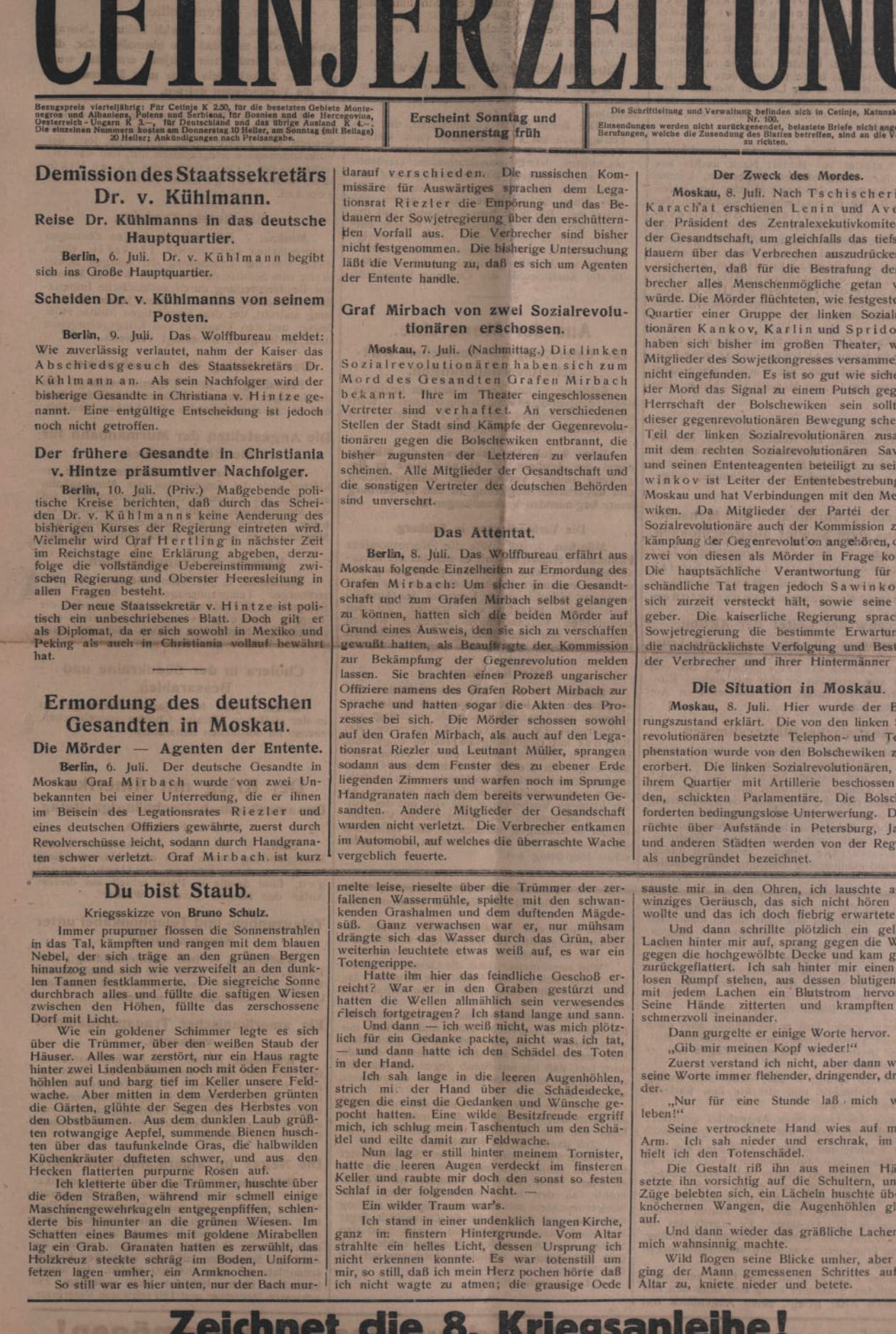Pan Karol i Pan Optikon
DOI:
https://doi.org/10.26881/sf.2020.15.06Słowa kluczowe:
Bruno Schulz, Pan Karol, psychologizacja przestrzeni, aksjologia przestrzeni, panoptikonAbstrakt
The relationship between Mr. Charles and the space of his abode is considered analogous to that between Rodyon Raskolnikov and his bachelor apartment. Both cases call for a resolution whether the habitational space has any impact on the character. An analysis of the fictional house’s layout makes it possible to distinguish a particular figure of the bed that, according to Yi-Fu Tuan’s conception of the object denoting place, can be modified into different landscape forms. Dynamic changes of space not only seem to take control over the apathetic, exhausted man, but also visibly influence his physicality. The author focuses on the aquatic and airless atmosphere of Mr. Charles’s house to connect its oppressive influence with the lodger’s mental condition by using symbolic explanations in terms of water and dust. The apartment preserved by still water becomes similar to an aquarium. In such an environment, the only possible form of existence is imitation of life resulting from a constant and acute feeling of imprisonment. The paper describes the position of the main character, referring to Michel Foucault’s concept of the Panopticon and suggests the use of this model to approach space in Schulz’s text.
Downloads
Bibliografia
Bachelard Gaston. 1975. Wyobraźnia poetycka. Wybór pism. Przeł. H. Chudak, A. Tatarkiewicz. Warszawa: PIW.
Bartmiński Jerzy, Niebrzegowska Stanisława. 1999. Słownik stereotypów i symboli ludowych. T. 1: Kosmos, cz. 2: Ziemia, woda, podziemie. Lublin: Wydawnictwo Uniwersytetu Marii Curie-Skłodowskiej.
Bolecki Włodzimierz, Jerzy Jarzębski, Stanisław Rosiek (red.). 2006. Słownik schulzowski. Gdańsk: słowo/obraz terytoria.
Brach-Czaina Jolanta. 1999. Szczeliny istnienia. Kraków: eFKa.
Dostojewski Fiodor. 1955. Zbrodnia i kara. Przeł. C. Jastrzębiec-Kozłowski. Warszawa: PIW.
Foucault Michel. 2009. Nadzorować i karać. Narodziny więzienia. Przeł. T. Komendant. Warszawa: Aletheia.
Gondowicz Jan. 2011. Pan tu nie stał. Artykuły drugiej potrzeby. Warszawa: Nisza.
Kochanowski Jan. 1980. Treny. Oprac. i posłowie J. Pelc. Warszawa: Czytelnik.
Kapuściński Ryszard. 2006. Ten inny. Kraków: Znak.
Schulz Bruno. 1957. Sklepy cynamonowe. Kraków: Wydawnictwo Literackie.
Szalewska Katarzyna. 2018. „Akwarium i luneta. Metaforyka okulocentryczna w twórczości Brunona Schulza”. Schulz/Forum 11.
Tuan Yi-Fu. 1987. Przestrzeń i miejsce. Przeł. A. Morawińska. Warszawa: PIW.

 Uniwersyteckie Czasopisma Naukowe
Uniwersyteckie Czasopisma Naukowe





